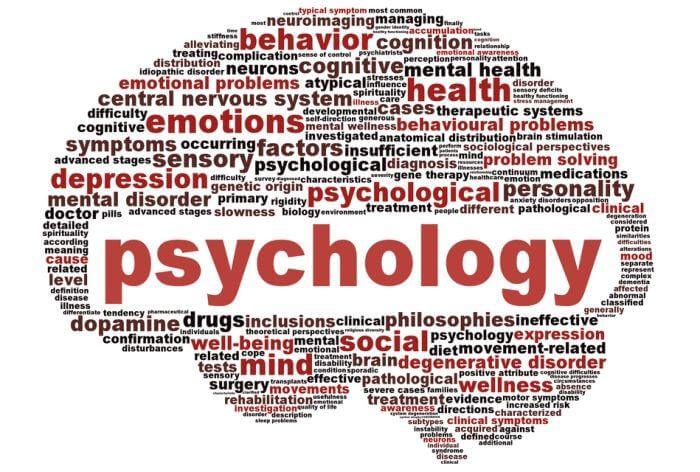Muscle Memory
Muscle Memory: Your Body’s Secret Superpower for Skill and Strength
Have you ever picked up a skill after months or even years of neglect and found that it just clicked? Whether it’s riding a bike, playing an instrument, or lifting weights, that effortless recall isn’t magic—it’s the power of muscle memory.
Muscle memory is more than just a fitness buzzword; it’s a fascinating neurological process that influences how we learn, adapt, and perform. It’s the reason a trained pianist can play a complex piece after years away from the keys, or why athletes can regain peak form quicker than beginners. But how does it work? And more importantly, how can you optimize it to your advantage?
What Is Muscle Memory? (And Why You Should Care)

Muscle memory is the brain’s ability to store, recall, and refine motor skills through repetition. Contrary to its name, muscle memory doesn’t actually reside in your muscles; rather, it’s a function of your nervous system and brain. When you practice a movement repeatedly, your brain strengthens neural pathways, making the action more automatic and effortless over time.
Think about when you type on a keyboard. Do you consciously think about where each letter is? No—your fingers just know. That’s the power of muscle memory. The same principle applies to everything from shooting a basketball to performing a perfectly executed deadlift.
How Does Muscle Memory Work? The Science Behind It
Muscle memory is built through repetition, reinforcement, and retention. Let’s break it down:
1️⃣ Neural Pathways Strengthen
Every time you perform a movement, your brain sends electrical signals through neurons. These signals create and strengthen neural pathways. The more frequently you repeat the motion, the stronger and faster these pathways become. Over time, the action becomes automatic, requiring less conscious thought.
2️⃣ Motor Learning Takes Over
As you practice, your cerebellum (the brain’s movement control center) fine-tunes the process. At first, every movement feels deliberate and requires focus, but with repetition, it becomes second nature.
3️⃣ Myonuclei Retention: Your Muscles’ Built-in Advantage
For fitness lovers, muscle memory also refers to your muscles’ ability to regain size and strength faster after a period of inactivity. When you train, your muscle fibers develop myonuclei, which persist even if you stop exercising. When you resume training, these myonuclei reactivate quickly, leading to rapid gains compared to someone starting from scratch.
This is why former athletes and weightlifters can bounce back faster after a break than those who have never trained before.
The Role of Muscle Memory in Fitness (Your Shortcut to Strength)
If you’ve ever stepped back into the gym after a long hiatus and felt your strength return quicker than expected, you’ve experienced muscle memory in action.
Here’s why it matters:
✔️ Faster Strength Gains – Regain lost muscle and skills faster than beginners.
✔️ Better Coordination & Precision – Your body remembers correct movement patterns.
✔️ Injury Prevention – Reinforced habits protect against improper form.
✔️ Improved Endurance – Trained muscles work more efficiently over time.
✔️ Enhanced Athletic Performance – Muscle memory allows for seamless execution in sports and training.
Muscle Memory in Everyday Life (It’s Everywhere!)
Muscle memory isn’t just for athletes and musicians—it impacts our daily lives in ways we don’t even notice. Some everyday examples include:
🎸 Playing an Instrument – Musicians rely on muscle memory to recall chords, notes, and rhythms. 🚗 Driving a Car – Your body automatically knows when to brake, accelerate, and steer. ⌨️ Typing on a Keyboard – Your fingers navigate the keys without conscious thought. 👟 Walking, Running, and Cycling – These movements become instinctive over time. 👞 Tying Your Shoes – A skill learned in childhood that sticks for life.
Can Muscle Memory Work Against You? (Bad Habits Die Hard)
While muscle memory is a superpower, it can also work against you. If you practice a movement incorrectly, your brain stores the wrong motor pattern, making it difficult to correct later. This is why bad posture, improper weightlifting form, and inefficient sports techniques can become hard to unlearn.
The good news? You can rewire muscle memory through conscious correction, deliberate practice, and repetition.
How to Optimize Muscle Memory for Maximum Performance
If you want to harness the full power of muscle memory, follow these expert strategies:
✅ Practice with Purpose – Focus on quality over quantity. Mindless repetition leads to ingrained bad habits.
✅ Break Down Complex Skills – Master small sections before integrating them into a full movement.
✅ Visualize Success – Studies show that mental rehearsal strengthens muscle memory.
✅ Stay Consistent – Regular, short practice sessions reinforce skill retention better than occasional long ones.
✅ Correct Mistakes Early – The sooner you fix a bad habit, the easier it is to reprogram muscle memory.
The Takeaway: Master Muscle Memory, Master Your Skills
Muscle memory is an incredible advantage that allows us to learn, refine, and retain skills for life. Whether you’re a fitness enthusiast, an athlete, a musician, or just someone looking to improve daily tasks, understanding and optimizing muscle memory will give you an unfair edge.
So, next time you pick up an old skill and feel it return effortlessly, know that it’s not luck—it’s your brain and body working together in perfect harmony.
🚀 What’s one skill you’ve rediscovered thanks to muscle memory? Share your experience in the comments!





